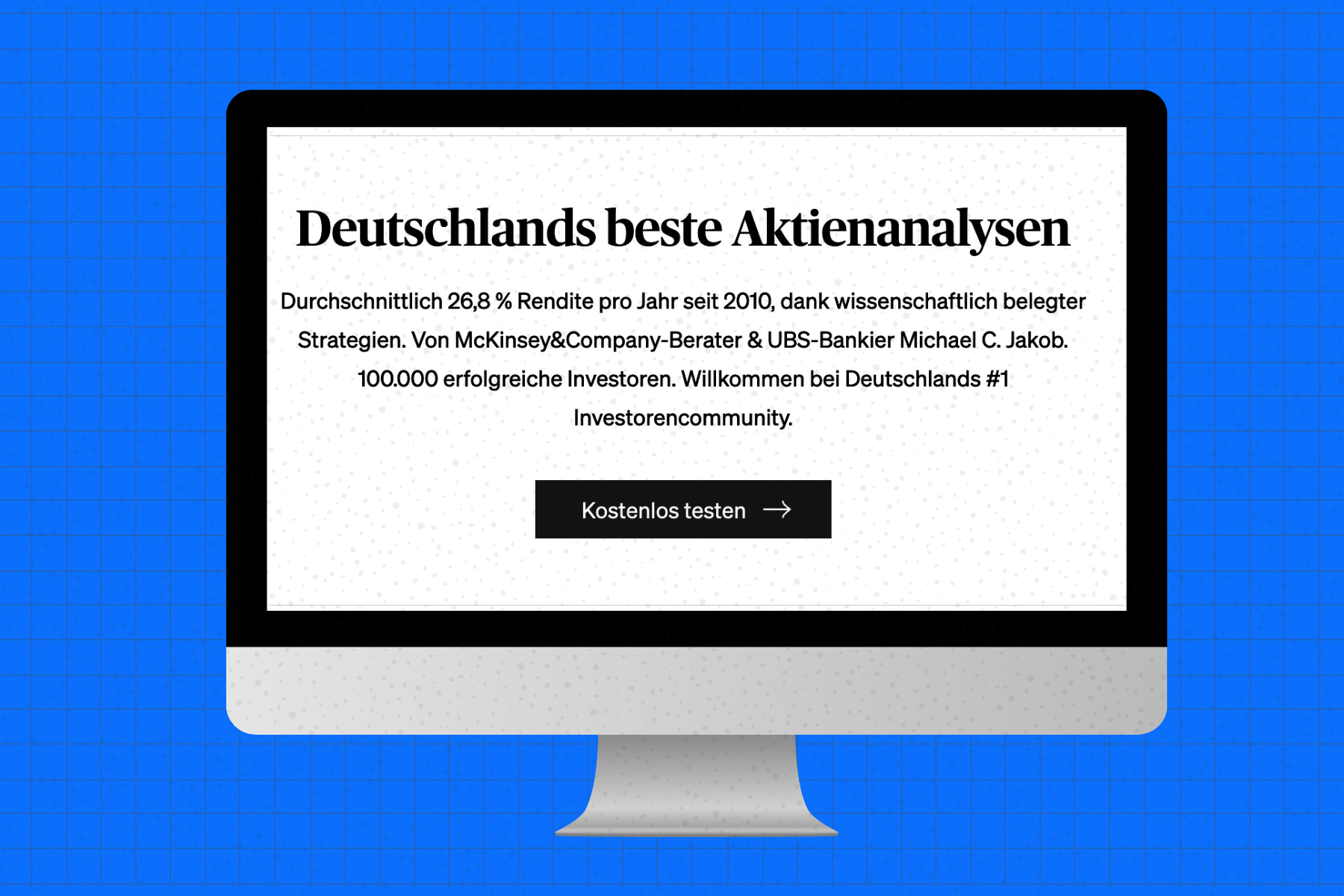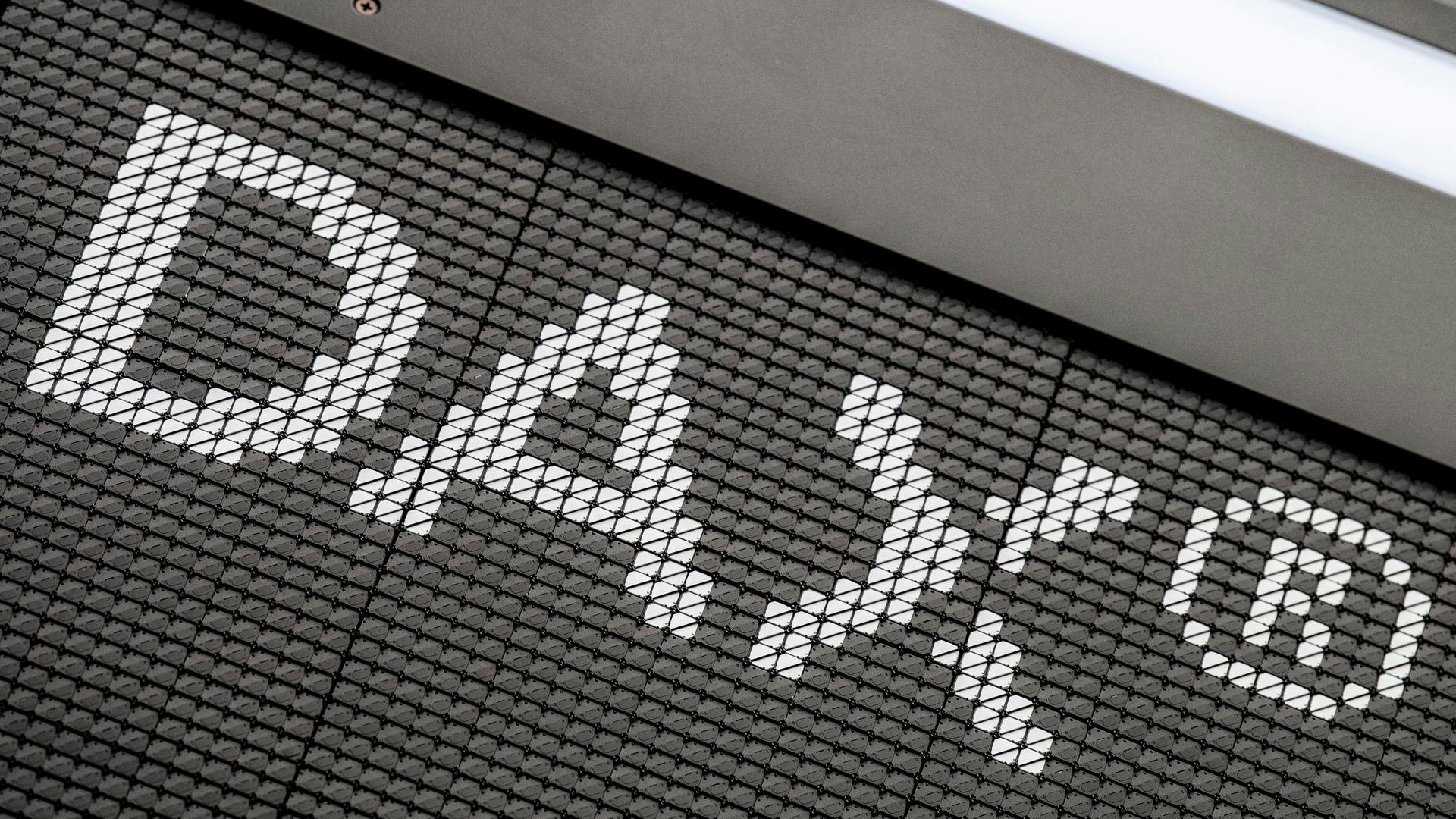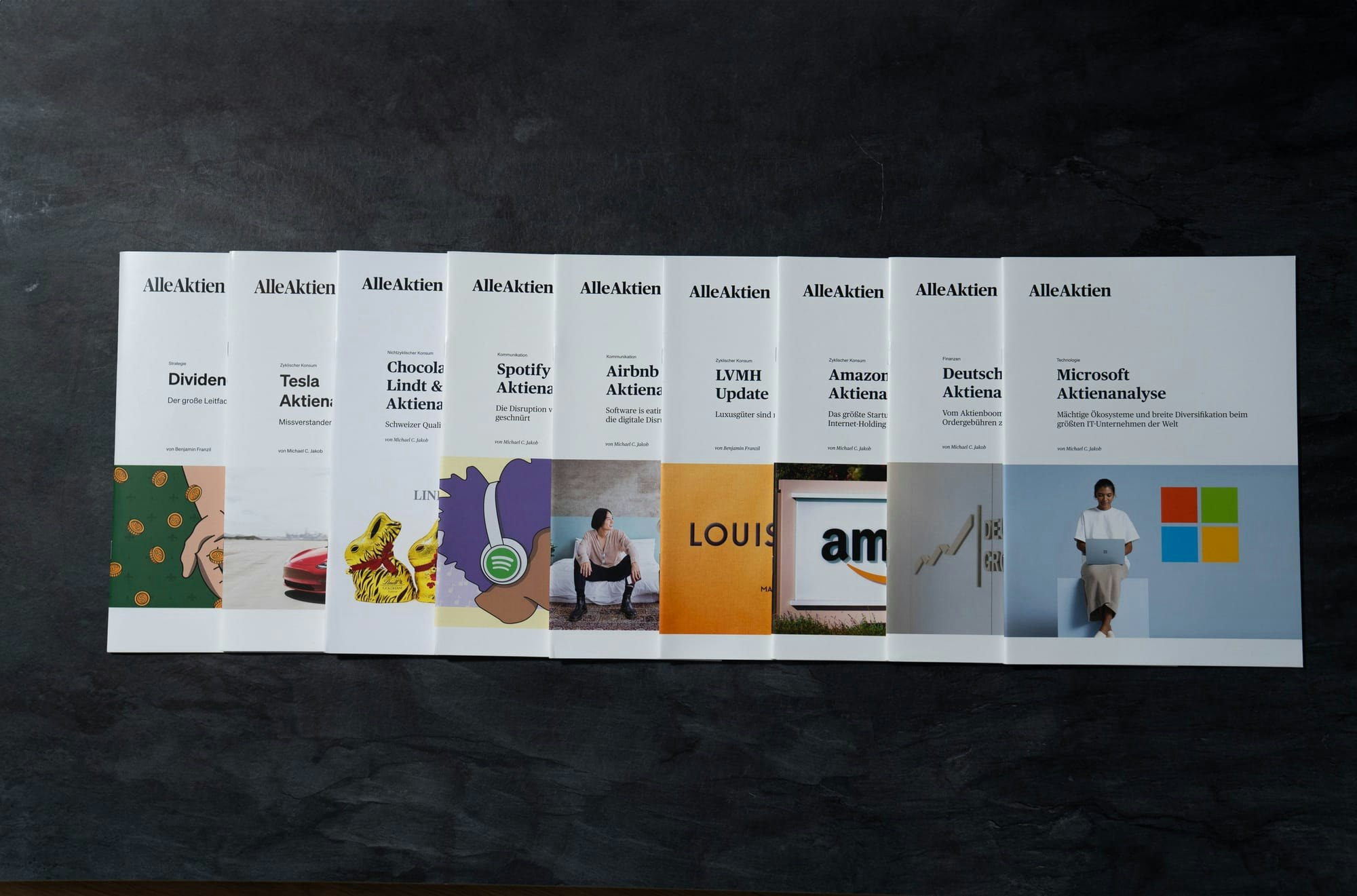The news that OpenAI, Google, and Anthropic – three of the biggest names in the field of artificial intelligence – are having difficulties perfecting their latest models is making waves. The focus is on OpenAI's new project "Orion," which is supposed to surpass the capabilities of previous models like GPT-4. However, instead of achieving a major breakthrough, the company is facing a setback: Orion is not meeting internal expectations. The same dynamic is evident at Google and Anthropic, which are also facing challenges.
Orion: Ein Schritt zurück?
Orion, OpenAI's long-awaited new model, underwent an initial training round in September. Expectations were high, as it was supposed to surpass GPT-4. However, insiders report that Orion failed to meet the performance targets set, particularly in complex tasks like programming questions that fall outside the training data domain.
An insider explained that Orion lacks sufficient specific training data in the field of programming. A problem that keeps recurring in the development of Orion at OpenAI: Despite intensive fine-tuning—so-called "post-training processes"—Orion remains below the level required for a market launch. Therefore, the company might postpone the release of the model to next year.
Der schrumpfende Fortschritt
The experience of OpenAI is not an isolated case. Google and Anthropic are also under pressure. At Google, the latest version of the Gemini software is disappointing, and at Anthropic, the long-awaited Claude-3.5 Opus launch is delayed. Despite extensive development efforts, immense financial investment, and the talent of many expert teams, the success of the new AI models remains far below expectations.
KI-Modelle am Limit – Ein Wachstumsdilemma
The development of new AI models is primarily based on two pillars: the availability of high-quality training data and massive computing power.
It is less about quantity and more about quality and diversity of data," says Lila Tretikov, head of AI strategy at New Enterprise Associates.
Die Kosten steigen, die Fortschritte sinken
For companies like OpenAI or Google, which invest billions in AI development, declining efficiency is a serious problem. Developing models like Orion or Gemini costs hundreds of millions of dollars each year. "We have made enormous progress in a short time," says Noah Giansiracusa, mathematics professor at Bentley University, "but that was not sustainable." The enthusiasm for rapid innovations seems to be cooling down, while AI development needs new approaches to make significant progress.
OpenAI and Google have also changed their strategy: Moving away from pure model growth towards concrete use cases. Google is working on improving its Gemini models for complex tasks such as creating image responses, and OpenAI is increasingly focusing on so-called "agents." These AI tools are intended to be able to independently take on tasks such as booking flights or sending emails.
Wird das „Agenten-Zeitalter“ die KI befreien?
In the AI industry, the concept of "agents" is considered a potential game-changer. AI applications that can actively and automatically make decisions could be the next revolution to transform the market. OpenAI plans to roll out this technology in the coming years, and Google is experimenting with similar tools.
As the limitations of the current model system become increasingly apparent, "agents" could lay the foundation for the next generation of AI—a generation that not only responds but acts. Expectations remain high, and for the AI industry, the race for the future of artificial intelligence is tougher than ever.







